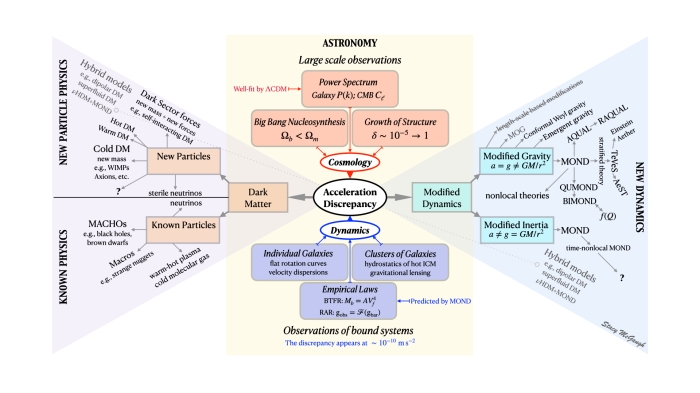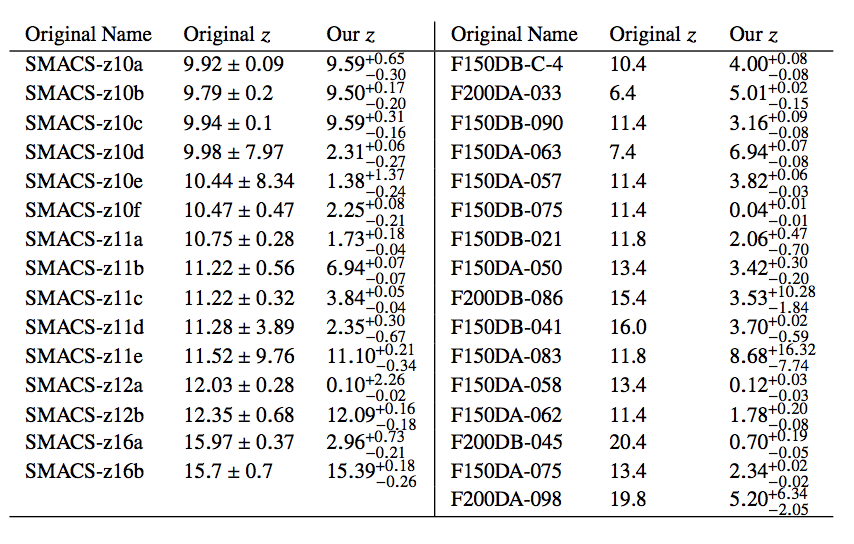
Cosmology is challenged at present by two apparently unrelated problems: the apparent formation of large galaxies at unexpectedly high redshift observed by JWST, and the tension between the value of the Hubble constant obtained by traditional methods and that found in multi-parameter fits to the acoustic power spectrum of the cosmic microwave background (CMB). Maybe they’re not unrelated?








